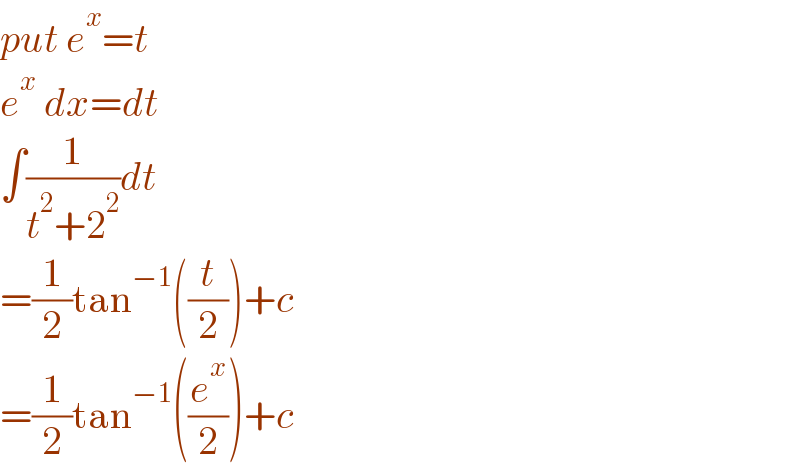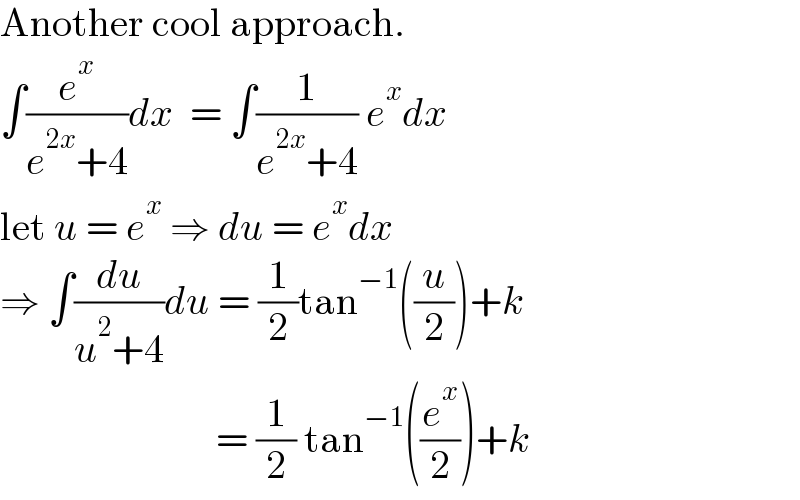
Question and Answers Forum
Question Number 156600 by ZiYangLee last updated on 13/Oct/21

Answered by gsk2684 last updated on 13/Oct/21

Answered by physicstutes last updated on 13/Oct/21

| ||
Question and Answers Forum | ||
Question Number 156600 by ZiYangLee last updated on 13/Oct/21 | ||
 | ||
Answered by gsk2684 last updated on 13/Oct/21 | ||
 | ||
| ||
Answered by physicstutes last updated on 13/Oct/21 | ||
 | ||
| ||